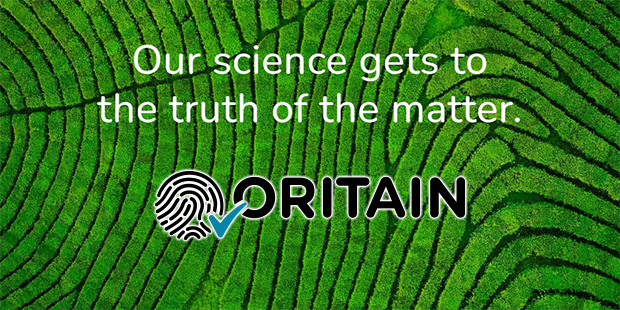
New Zealand-based startup Oritain has raised $57 million to further develop its forensic traceability business, a unique approach that combines data and forensic science to determine the true origins of a product. The funding round was led by Highland Europe, with participation from previous backer Long Ridge.
Oritain’s Software-as-a-Service (SaaS) tool is used by 100 companies, including big multinationals like Nescafe, Lacoste, Supima, and Primark, to ensure the authenticity of their products and to comply with the growing body of regulatory compliance around sourcing materials and products.
The startup operates on the premise that an object and the materials in it tell a story that can be uncovered using forensic methods. For instance, cotton grown in one part of the world will look different under a microscope to cotton grown somewhere else due to environmental factors. Oritain takes a variety of measurements and compares these to other information it has about a location to determine whether the material came from the location its sender claimed it did. These measurements are also recorded in a massive database, which can be used to help identify or confirm the actual origin of future objects.
Forensic Traceability: A New Approach to Authenticity
Oritain’s forensic traceability solution represents a novel approach to verifying the origin and composition of products. By using forensic science and big data, the company can provide a level of certainty about a product’s origin that traditional tracking technologies can’t match.
The Power of Data in Supply Chain Verification
The startup’s massive database of measurements is a powerful tool for verifying product origins. By comparing the characteristics of a product to this database, Oritain can confirm whether a product really came from the claimed location. This approach could revolutionize supply chain verification, providing a higher level of confidence in product authenticity.
The Role of Forensic Science in Consumer Goods
The application of forensic science to consumer goods is a fascinating development. Oritain’s work shows how the techniques used in crime labs can be applied to everyday products to ensure their authenticity. This could have significant implications for industries where product origin is a key selling point, such as food and textiles.






